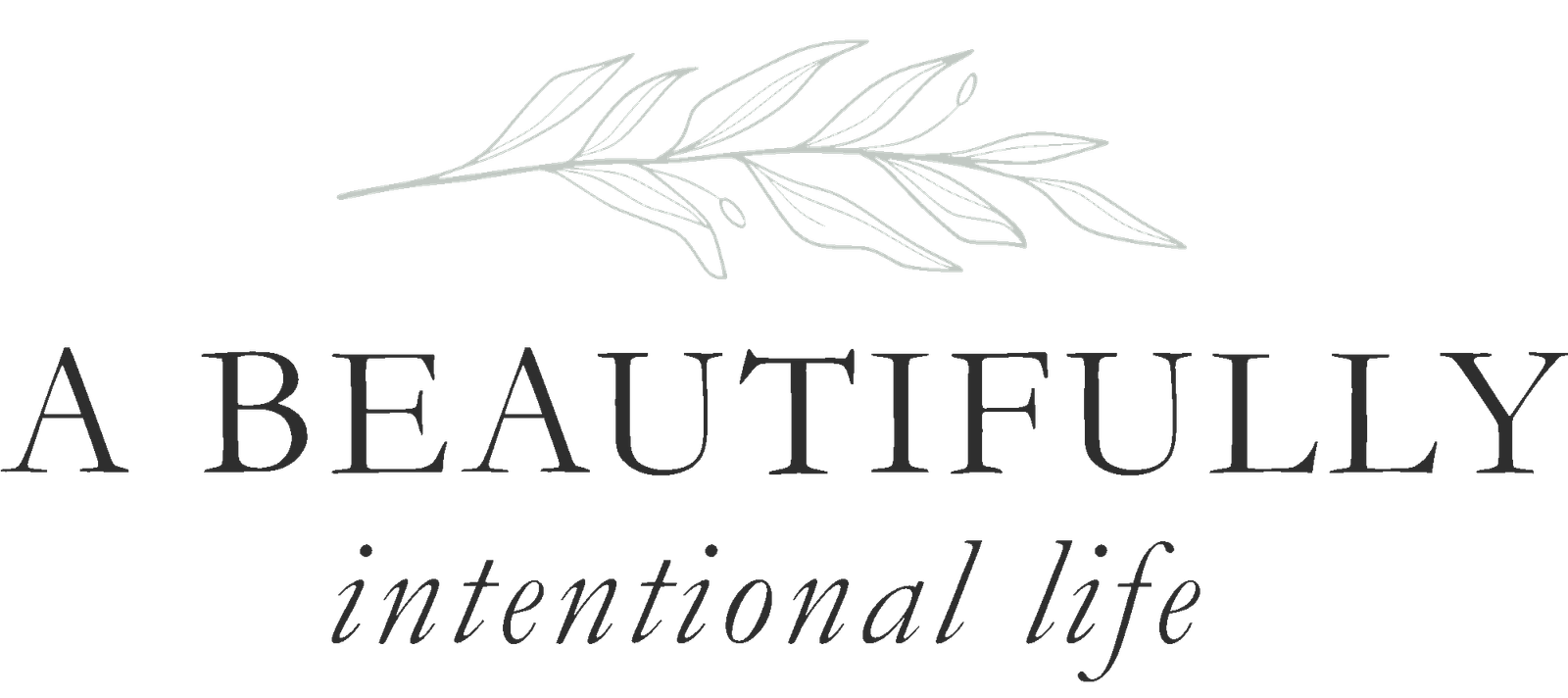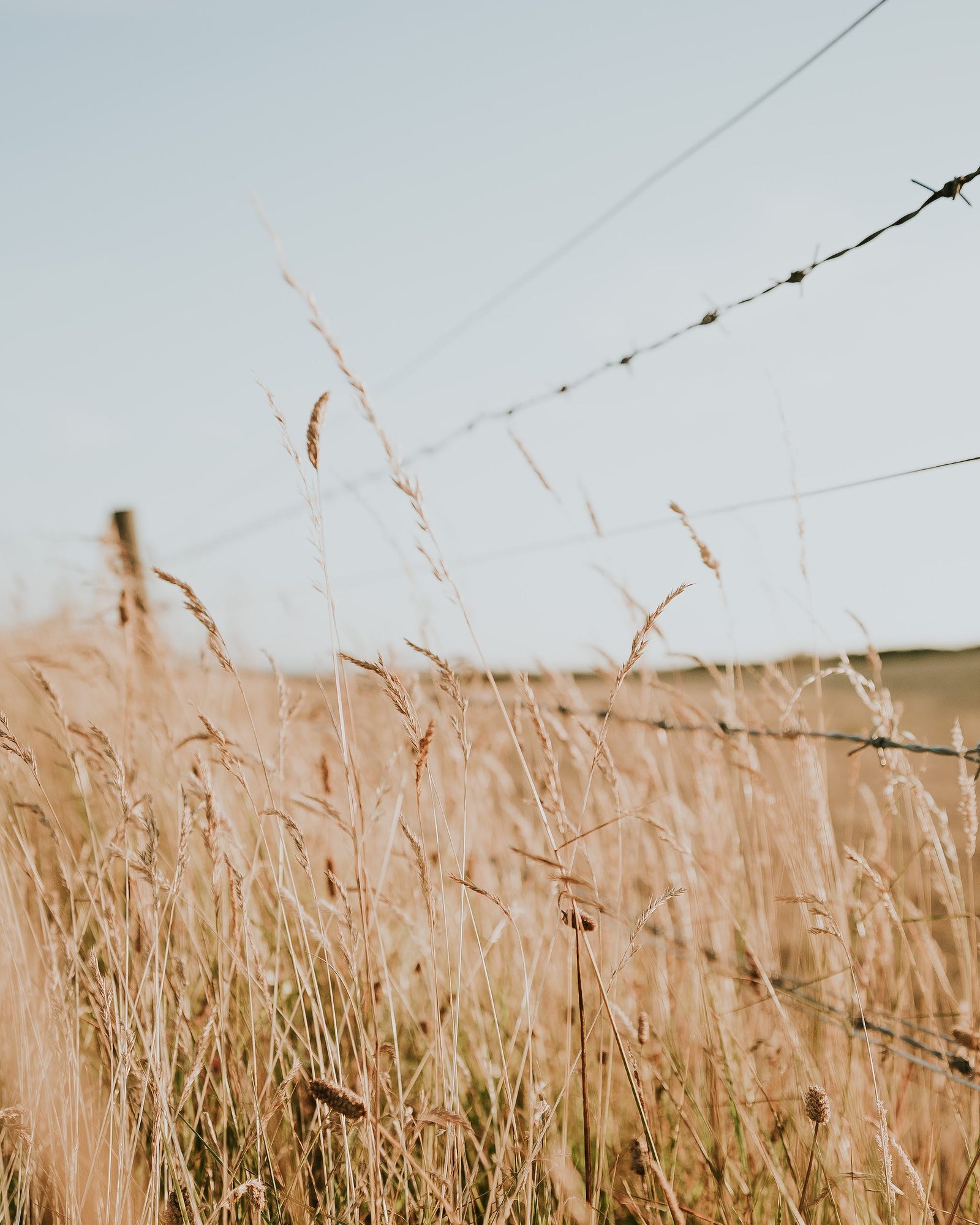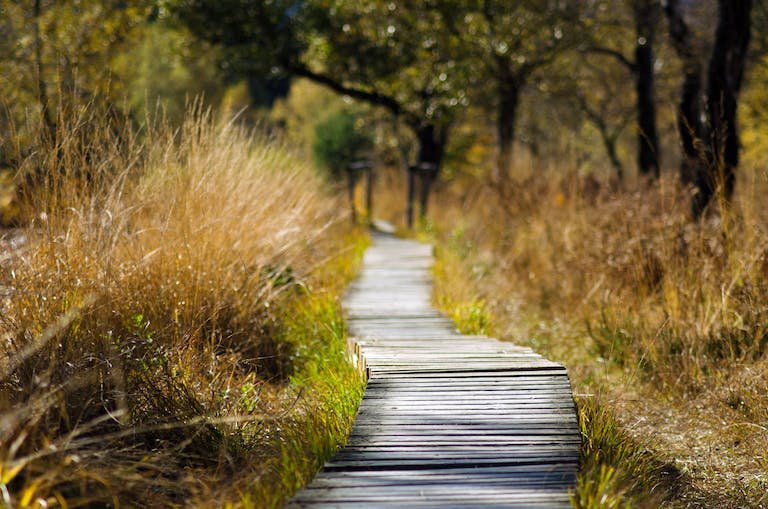What is intentional living? Your guide to getting started.

If you’re anything like me, you’ve probably fallen into bed many nights wondering where the day went. You were busy all day…but what did you actually do?
This is actually pretty normal (especially with everything going on over the last several years.) We live in a world of constant distractions and noise, where being over-committed is worn like a badge of honor. It’s hard to make progress on your goals when you can’t focus and it’s hard to make memories when you’re overstimulated and distracted. If this is how you’ve been feeling, please know that you are not alone!
But just because something is “normal”, doesn’t mean you have to accept it as YOUR normal. That’s where intentional living comes in.
Table of Contents
Why is intentional living important?
How to get started with intentional living
Tools to support intentional living
What is intentional living?
Intentional living is a lifestyle driven by awareness and choice. It begins by knowing yourself, your values, and your beliefs, and then making daily choices from that awareness, rather than letting distractions lead your life. And trust me, it’s not always easy—especially if you’re in a particularly challenging season of your life. But that’s why it’s called intentional living and not perfect living. It’s about your daily intention, not perfection. In fact, intentional living can actually help you to feel calmer during times of stress.
The great thing about intentional living is that it looks different for everyone. You choose your values, your beliefs, your goals, your boundaries, your commitments and your reactions. And yes, this is harder (but not impossible) when you live and work with other people!
Why is intentional living important?
I believe that intentional living is what brings us fulfillment. Intentional living is all about knowing ourselves and living from our values, which consequently brings more meaning to our every day life. It forces us to pause and take stock of our lives in a way that we may not have ever done before. This is especially important in this day and age because we have so many sources bombarding us with images of what we should want in life. If we’re not paying attention, we can easily let someone else—our parents, teachers, friends or the media—steer our lives down a path that isn’t right for us.
You might not even be conscious of how much external sources have shaped your life. And you wouldn’t be alone in this—we’re all affected to a degree. But this is exactly why intentional living is so beneficial: it brings awareness to our choices. It makes the unconscious conscious. It helps us to see the ways we might be living for someone else or out of alignment with ourselves. It asks the questions so that we can find the answers. Most importantly, it reconnects us with our true selves—the true north star within us.
These are the 5 C’s of intentional living (according to me!)
Conscious Choice – When we start paying attention to our choices, we become more aware and more present.
Clarity – When we dig into what’s important to us, decisions become easier to make and our path becomes clearer.
Connection – We feel more connected to ourselves and to others because we’re putting more of our attention on what matters.
Contribution – We feel more purposeful when we’re steering the direction of our lives instead of living in autopilot.
Contentment – Overall, we feel more joy and fulfillment when we’re mindful of our every day choices and actions.
How to get started with intentional living
So how do you begin living with more intention? Start with awareness.
Start by paying attention to the little choices you make each day that you’ve probably been doing automatically for the most part. Why did you choose oatmeal for breakfast? What made you skip your morning walk? Why did you put off making that phone call? Don’t be tempted to think that the little stuff doesn’t matter. After all, our lives are made up of little moments. From a practical standpoint, starting with the small choices is easier because we usually have more control with them. (As opposed to something like your career, which probably requires a lot of effort to change.)
You might want to use the Notes app on your phone or just a regular notebook to jot down some of these thoughts so you can come back to them later. The goal isn’t to judge everything you’re doing, but rather to get curious about it. This step is all about gathering information.
Pay attention to the way you feel throughout the day too. How did you feel when you first woke up? Why did you feel frustrated by that e-mail from your boss? What made you smile today? These are all clues as to your values and what’s important to you.
Begin to slow down. Especially when you catch yourself living on autopilot. Notice what you’re doing, take a breath and bring yourself back to the present. Ask yourself why you’re doing what you’re doing, and whether you want to continue doing it. Start noticing your habits, patterns and unconscious choices.
Of course, we don’t need to obsessively track everything, but don’t underestimate the effectiveness of simply being more aware as you go about your day. You’ll become more present and notice your thoughts as you move from task to task. Try not to judge yourself or be hard on yourself, like I mentioned, this exercise is simply to provide you with information: What choices am I making? What feels good? What doesn’t feel good? And why?
Tools to support intentional living
The next part of the process is capturing some of the information you’ve been gathering so that you can use it to evaluate where you’re at and make adjustments if you want to. Here are some of the tools that I’ve found helpful with this:
Mindfulness and meditation – This is what you’ve already been doing, aka bringing more presence and awareness into your life. You can make it a regular part of your life through a mindfulness or meditation practice if you like!
Journaling – One of the best tools to support intentional living IMO. Journaling can help you capture your thoughts, reflect on your day, dig through a challenge to find clarity, and track your progress. Try my daily journal!
Books, blogs and podcasts – It can be helpful to hear from other people who are also on this journey. If you’re anything like me, you probably don’t have a ton of friends and family members who are also interested in intentional living. So it can be nice to find other sources of inspiration!
Workbooks and worksheets – If you’re new to this work and feeling unsure of where to start, a workbook can be super helpful. Sometimes it’s nice to have something already laid out so that you can just follow the process.
Planners or Task Management Apps – You’ll want somewhere to keep track of your goals, intentions and actions as you start to make changes. This is totally personal—some people love paper planners, others digital planners, other might prefer some sort of app that tracks your habits. Think about what would work best with your needs and personality.
Therapy, coaching or support groups – Sometimes this work can feel overwhelming, especially as you start to go deep into who you are, what you want, and why you do the things you do. Make sure that you’re getting the support you need.
Ultimately, it’s important to remember that intentional living isn’t a destination, it’s a lifestyle. It’s a different way of thinking about your life. It’s about noticing why you do the things you do and being more conscious about those things going forward. It’s definitely NOT about perfection, but much more about the process. And if it’s not for you, that’s totally ok. In fact, that’s the point…knowing what’s right for you and choosing your own path.







